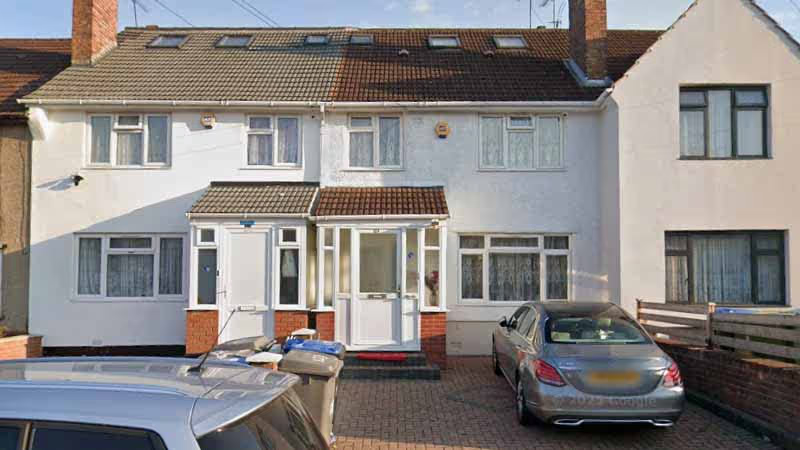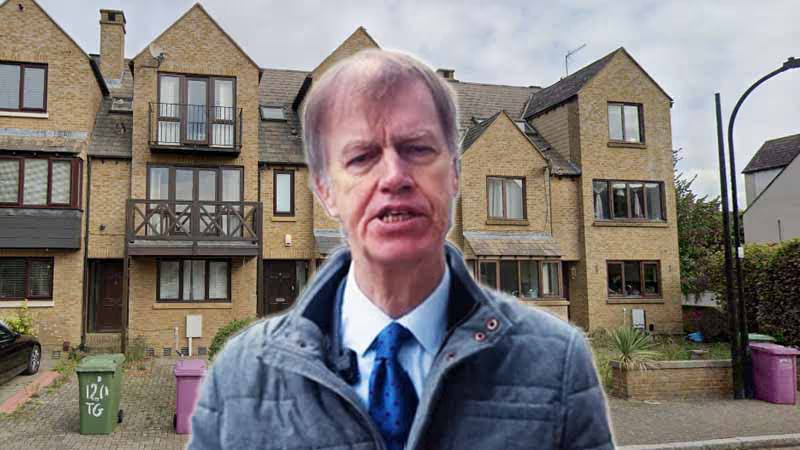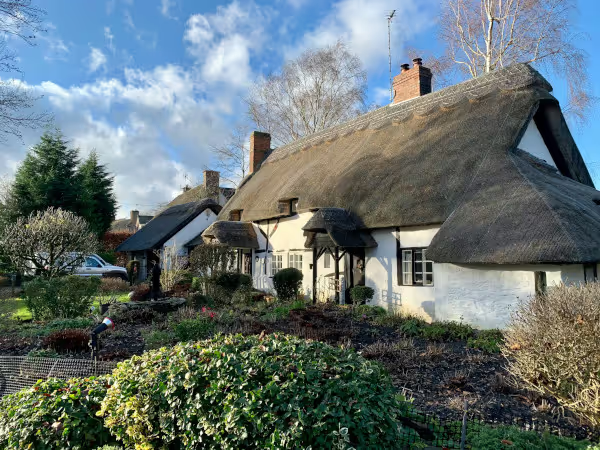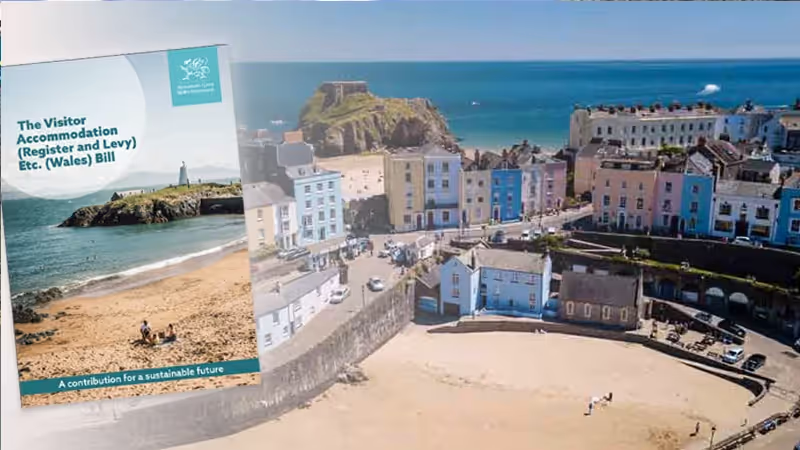Owners of holiday lets in North Wales have been handed huge council tax demands after failing to realise the country’s new occupancy targets were retrospective.
The Welsh government’s minimum occupancy rules for holiday lets - 182 days let per year to qualify for business rates - means that if an owner hasn’t met the thresholds in the previous year, their property can be reclassified to council tax for that period.
Councils can then issue back-dated tax bills which can be significantly higher, especially with second home premiums of up to 300%. Many owners have been caught off guard because they assumed the rules would only apply going forward.

Sam Rowlands (pictured), Member of the Welsh Parliament for North Wales, previously called for it to abandon its plans to increase the threshold for self-catering businesses to 182 days per year.
“Owners are not only facing having to discount their properties or rooms to encourage more visitors to reach their target but now some are being hit by a legal technicality costing them thousands of pounds they do not have,” Rowlands, chair of the Senedd’s cross-party group on tourism, tells Herald Wales.
Losing money
A recent survey by the Professional Association of Self Caterers, PASC Cymru shows that 47% of owners are now paying council taxes premiums and losing money, he explains.
“This must be extremely heart breaking for owners who are simply trying to earn a living and encourage visitors to come to North Wales," he says.
“It really is about time the Welsh Labour Government started to support tourism. First of all, we had the increase in the threshold for holiday lets followed by the ridiculous introduction of a default 20pmh speed limit then came plans to charge tourists for staying in overnight accommodation from 2027.”















.avif)
.avif)





















Comments